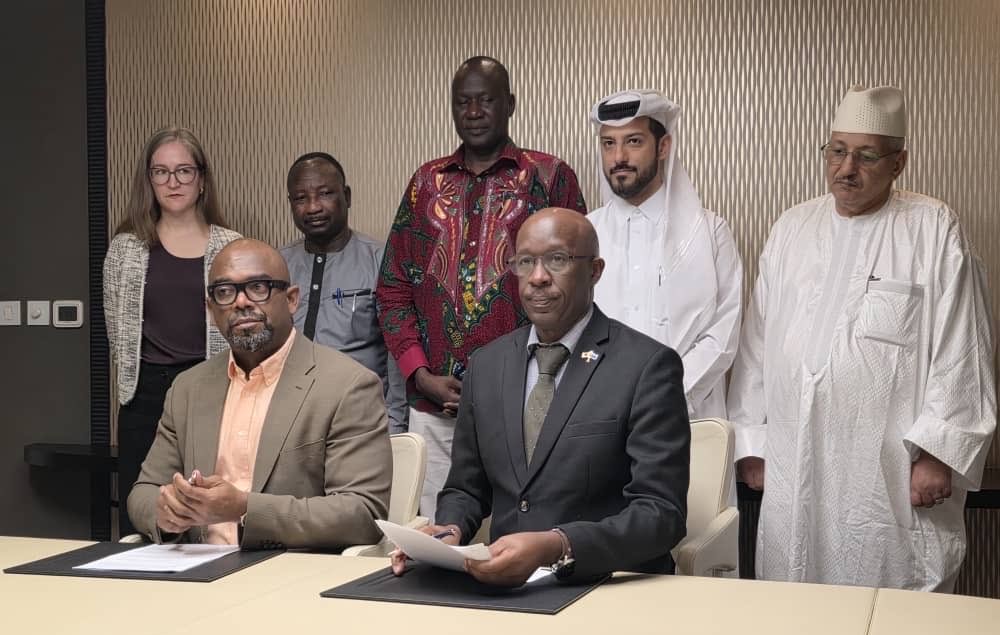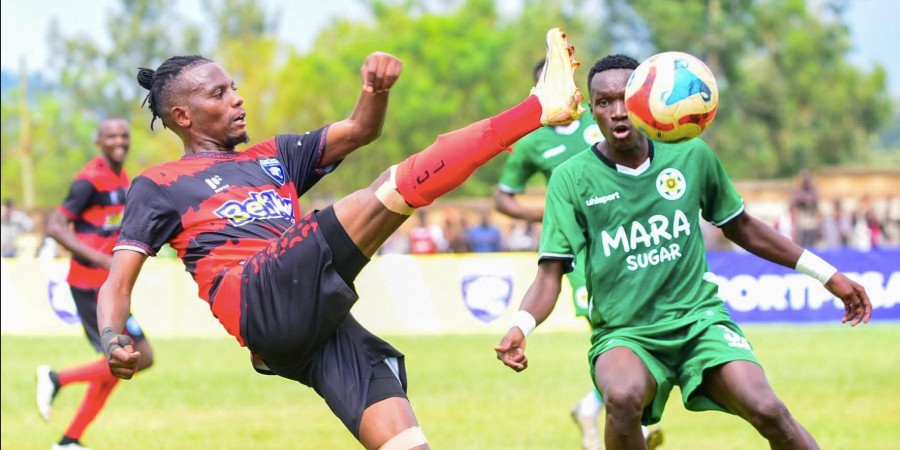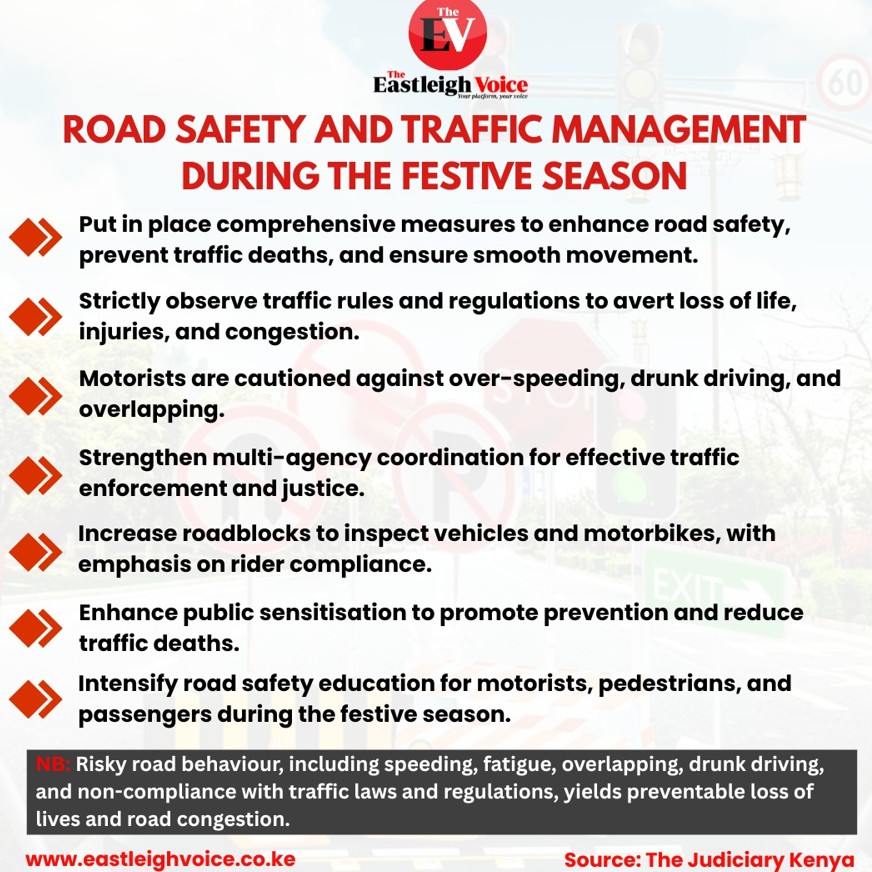DRC Government, M23 ink deal to establish mechanism for monitoring potential permanent ceasefire

The agreement was signed on Tuesday, building on the Declaration of Principles signed in Doha, Qatar, on July 19, 2025, which laid the foundation for a pathway toward a comprehensive peace agreement.
The Democratic Republic of the Congo Government and the March 23rd Movement (M23) rebel group have officially signed an agreement to establish a Ceasefire Oversight and Verification Mechanism, aimed at monitoring a potential permanent ceasefire in eastern Congo.
The agreement was signed on Tuesday, building on the Declaration of Principles signed in Doha, Qatar, on July 19, 2025, which laid the foundation for a pathway toward a comprehensive peace agreement.
More To Read
- In eastern DR Congo's Uvira, war scars linger as calm cautiously returns
- M23 rejects foreign support claims, calls for dialogue under Doha peace process
- DR Congo, M23 commit to ceasefire and humanitarian protocols with new peace deal
- DRC and M23 rebels sign Doha Peace Framework in bid to end conflict
- M23 accuses DRC Government of attacks hours after Doha ceasefire monitoring deal
- Congo: Are M23 rebels really advancing toward Kinshasa?
The signing marks a milestone in Qatar-mediated talks, ongoing since April, although the two parties had previously missed an August 18 deadline to finalise a broader peace deal. The Doha-hosted negotiations have focused largely on preconditions and confidence-building measures between the Congolese government and the rebel group.
The mechanism is designed to provide independent oversight and verification of the ceasefire, investigating any alleged violations and coordinating rapid responses.
Its composition includes equal representation from both the Congolese government and M23, with additional participation from the International Conference on the Great Lakes Region (ICGLR) through its Expanded Joint Verification Mechanism (EJVM+).
Representatives of the African Union, the State of Qatar, and the United States may serve as observers, and the United Nations Organisation Stabilisation Mission in the Democratic Republic of the Congo (MONUSCO) will assist with logistical coordination.
According to documents seen by The Eastleigh Voice, both parties must grant EJVM+ secure access to frontline areas, allowing effective monitoring of compliance. Reports of alleged violations must be referred to EJVM+ within 72 hours, and weekly bulletins documenting incidents will be shared with the mechanism. Communication protocols and rapid incident prevention measures will also be established to minimise the risk of renewed fighting.
The mechanism is expected to convene primarily via virtual platforms, on a monthly or ad hoc basis, as requested by the parties or observers, and may adjust meeting frequency as needed. The first meeting shall be held as soon as practicable, but no later than seven days after formation, with attendance of both parties required to establish a quorum.
The mechanism will continue to operate until the completion of its mandate or as otherwise agreed by the parties.
The agreement was signed by Sumbu Sita Mambu for the Congolese Government and René Abandi for M23, formalising the establishment of the new monitoring mechanism.
President Donald Trump's administration brokered a separate peace deal between Congo and Rwanda in June. Trump has said he wants to bring peace to the region and facilitate investments in its minerals sector.
Trump has said the war is over, but Huang Xia, the UN special envoy for the Great Lakes region, told the UN Security Council on Monday that fighting continues.
"While all these African and international peace efforts are commendable and promising, they have so far failed to deliver on their promises - the agreed ceasefire is not being respected," Huang said.
"After a brief lull, the parties to the conflict have regrouped and resumed military operations."
Top Stories Today











































